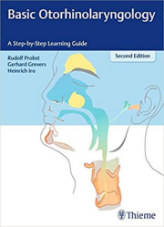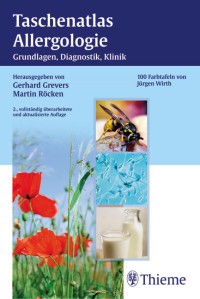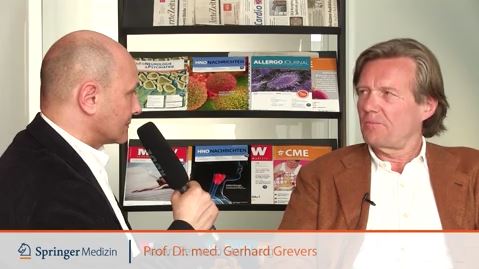Nasal Airway Obstruction
There are many causes of nasal airway obstruction. In adults the most common causes are enlargement of the inferior turbinates or septal deviation or a combination of these two factors. Less common causes of obstruction are a foreign body in the nose (usually in children and unilateral), congenital malformations of the nose, polyps, tumors and injuries. In addition, some medications cause swelling of the turbinates, including some anti-hypertensive agents, anti-depressants, oral contraceptives and even chronic use of decongestant sprays or nose drops.
Impaired and thus inadequate nasal breathing-depending on the degree of severity-sooner or later leads to a variety of problems. Humans are obligatory “nasal breathers”; only the nose and its special mucosa can modify inhaled air so it can be maximally used by the lower airways. Even though many patients with marked nasal obstruction appear to have adjusted to the abnormal state, the long-term potential for negative health effects should not be underestimated.
Not matter what its cause, impaired nasal breathing can be coupled with blocked eustachian tubes, creating abnormal air balance in the middle ear which can lead to a an uncomfortable pressure sensation in the ears and hearing problems. In addition, those who must become “mouth breathers” usually complain of a dry mouth, as well as snoring with an abnormal sleep pattern and daytime drowsiness. Other complications of nasal airway obstruction include more frequent and recurrent infections, reduced energy levels, chronic fatigue, chronic rhinosinusitis and even lower airway disease (asthma, chronic bronchitis).
Many affected individuals fall into the trap of relying on over-the-counter nasal decongestants which they use for long periods of time trying to control their nasal swelling and obstruction. We strongly advise against this practice. The decongestants can permanently damage the mucosa. There also may be a “rebound phenomenon”-the drops or sprays may initially produce vessel constriction and thus cause shrinkage but as their effects wear off there is increased filling of the nasal blood vessels so that the swelling is more severe than prior to treatment. A vicious circle results-the patient using stronger and stronger medications more and more often, so that often dependence develops and the nasal airways are never open without using decongestants. The same patients may experience drying out of the mucosa with crusting and an increased likelihood of epistaxis (nose bleeds).












